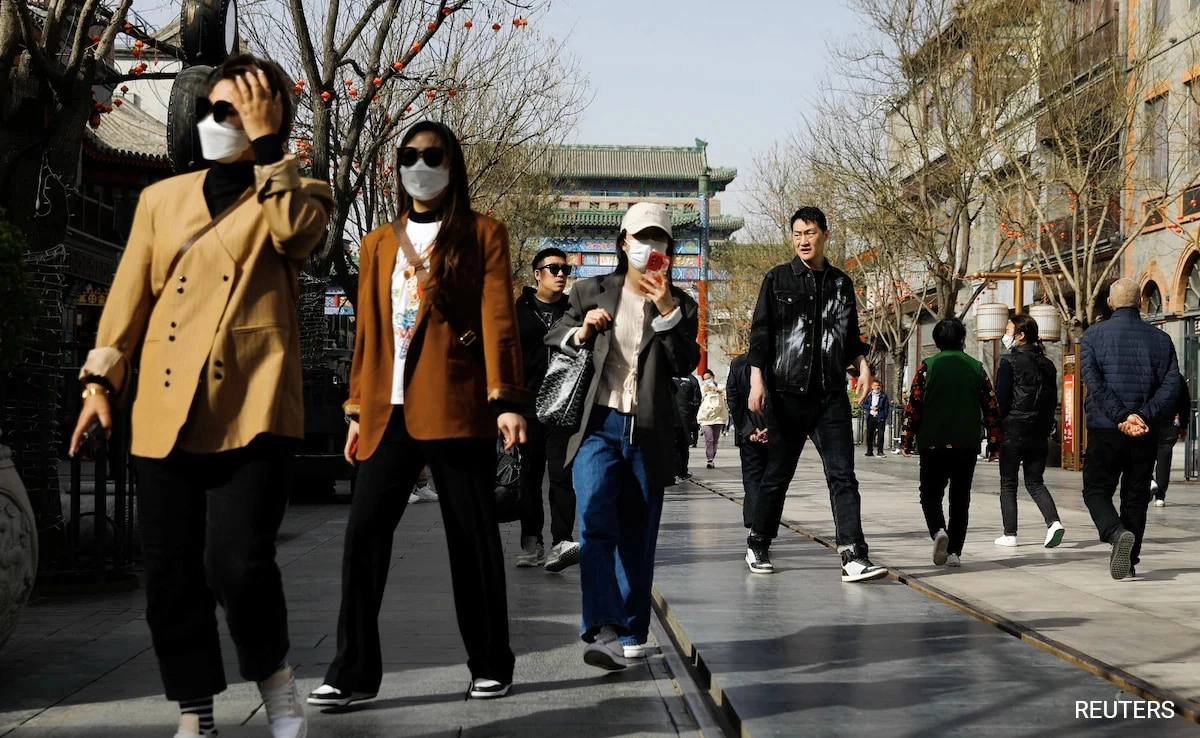Five years after the onset of the COVID-19 pandemic, the repercussions on the global economy continue to be profound and far-reaching. Initially, the pandemic triggered severe disruptions in various sectors, leading to widespread job losses and business closures. Many industries, particularly travel, hospitality, and retail, experienced unprecedented declines in revenue and productivity. As countries began to recover, supply chain issues emerged, causing inflationary pressures and driving up costs for consumers. Governments implemented various stimulus measures to mitigate these effects, but the long-term implications of increased debt and shifting labor markets remain a concern. Additionally, changes in consumer behavior, such as the rise of remote work and e-commerce, have reshaped economic landscapes. The pandemic has also highlighted the importance of public health infrastructure, prompting nations to reassess their preparedness for future crises. As we move forward, the lessons learned from this global event will likely influence economic policies and practices for years to come, emphasizing resilience and adaptability in an uncertain world.
Five years after the onset of the COVID-19 pandemic, the repercussions on the global economy continue to be profound and far-reaching




